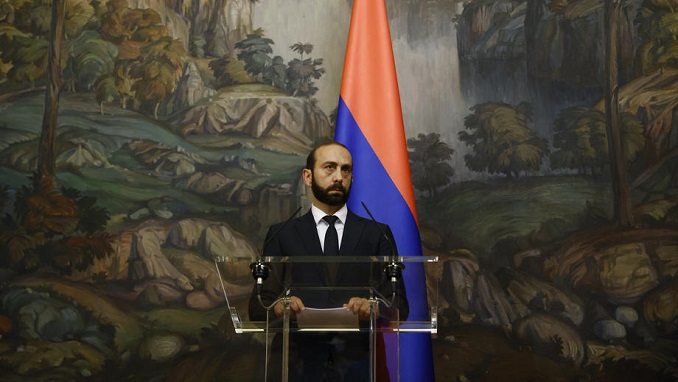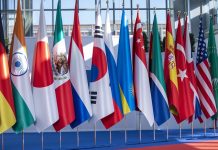Ararat Mirzoyan, Armenia’s new foreign minister, tried to persuade his Russian colleague Sergey Lavrov during his visit to Moscow on August 31 that Azerbaijan is not acting in accordance to with the previous Nagorno-Karabakh agreements, signed with Vladimir Putin’s mediation on November 9, 2020, and that new ones are needed.
Lavrov, on the other hand, only agreed with his colleague on a few points. According to experts with whom Kommersant spoke, Yerevan’s rhetoric emerged in reaction to Baku’s effort to achieve peace solely on its own terms.
“Azerbaijan is adopting aggressive provocative measures, which are a clear infringement on Armenia’s sovereign territory,” Mirzoyan says. By “provocative actions,” the Armenian top diplomat meant a series of border incidents, which Yerevan always blames on Baku and Azerbaijan blames on Yerevan.
Lavrov, for his part, attempted to maintain neutrality in the conflict between Baku and Yerevan, siding with the Armenian ambassador on just one issue: the release of POWs. In other words, he pledged not to “weaken attempts to remove mutual aggravations in ties between Yerevan and Baku.”
He also said that Moscow and Yerevan “reaffirmed the need for the continuation of the OSCE Minsk Group co-chairs’ efforts” on Nagorno-Karabakh, although Baku now regards this framework as obsolete.
According to Akop Badalyan, an Armenian political expert, the demanding tone in Yerevan’s discourse developed in reaction to Baku’s effort to achieve peace solely on its own terms.
“A certain influence may be played by the fact that, militarily, Yerevan today feels more confident than a few months ago in terms of defending its borders,” he told Kommersant.
It is conceivable that the procedures of rebuilding the country’s military capabilities are fueling this confidence. According to the expert, the Armenian side has lately begun to use force more often against Azerbaijan.












